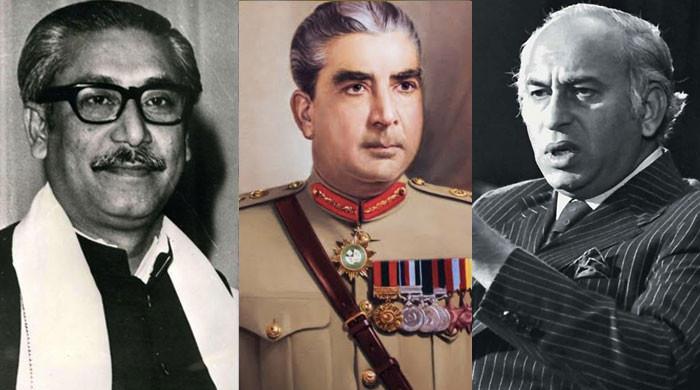As Pakistan’s 12th general elections, which are set for February 8, 2024, approach, the political climate there has begun to heat up and will soon reach a boil.
A brief trip down the nation’s electoral history lane is necessary to appreciate their significance.
1970 saw the holding of Pakistan’s first general elections. President Ayub Khan was forced to step down in March 1969 by General Yahya, who then took on the positions of Chief of Army Staff, Chief Martial Law Administrator, and President.
He removed political party penalties, revoked Ayub’s contentious constitution, and called elections using the one-man, one-vote system in December 1970.
Though the results of these elections are regarded as the most transparent in Pakistani history, they also set off a chain of events that ultimately resulted in the fall of Dhaka, the capital of what was then East Pakistan, in 1971.
Sheikh Mujeeb’s Awami League (AL) and Zulfiqar Ali Bhutto’s Pakistan People’s Party (PPP) were the main rivals in these polls.
The elections were held on December 7, 1970, and the results showed that Sheikh Mujeeb’s AL had obtained a sizable majority with 160 seats; however, the party was unable to gain any seats in West Pakistan. In a similar vein, the PPP of Zulfiqar Ali Bhutto garnered 81 seats but was unable to win any in East Pakistan.
According to the constitution, Sheikh Mujeeb was now Pakistan’s new leader, and General Yahya was in charge of transferring authority.
But the National Assembly meeting was postponed because Bhutto refused to go to Dhaka on February 1, 1971.
This led to civil disobedience in East Pakistan, which was followed by Mukti Bahani’s armed uprising and the 1971 India-Pakistan war, which culminated in Dhaka’s capitulation in March of that same year.
Zulfiqar Ali Bhutto was then given authority by General Yahya to act as Pakistan’s first and only Chief Martial Law Administrator for two years prior to the 1973 constitution’s ratification.
Zulfiqar Ali Bhutto became Pakistan’s first elected prime minister when he assumed office on August 14, 1973.







